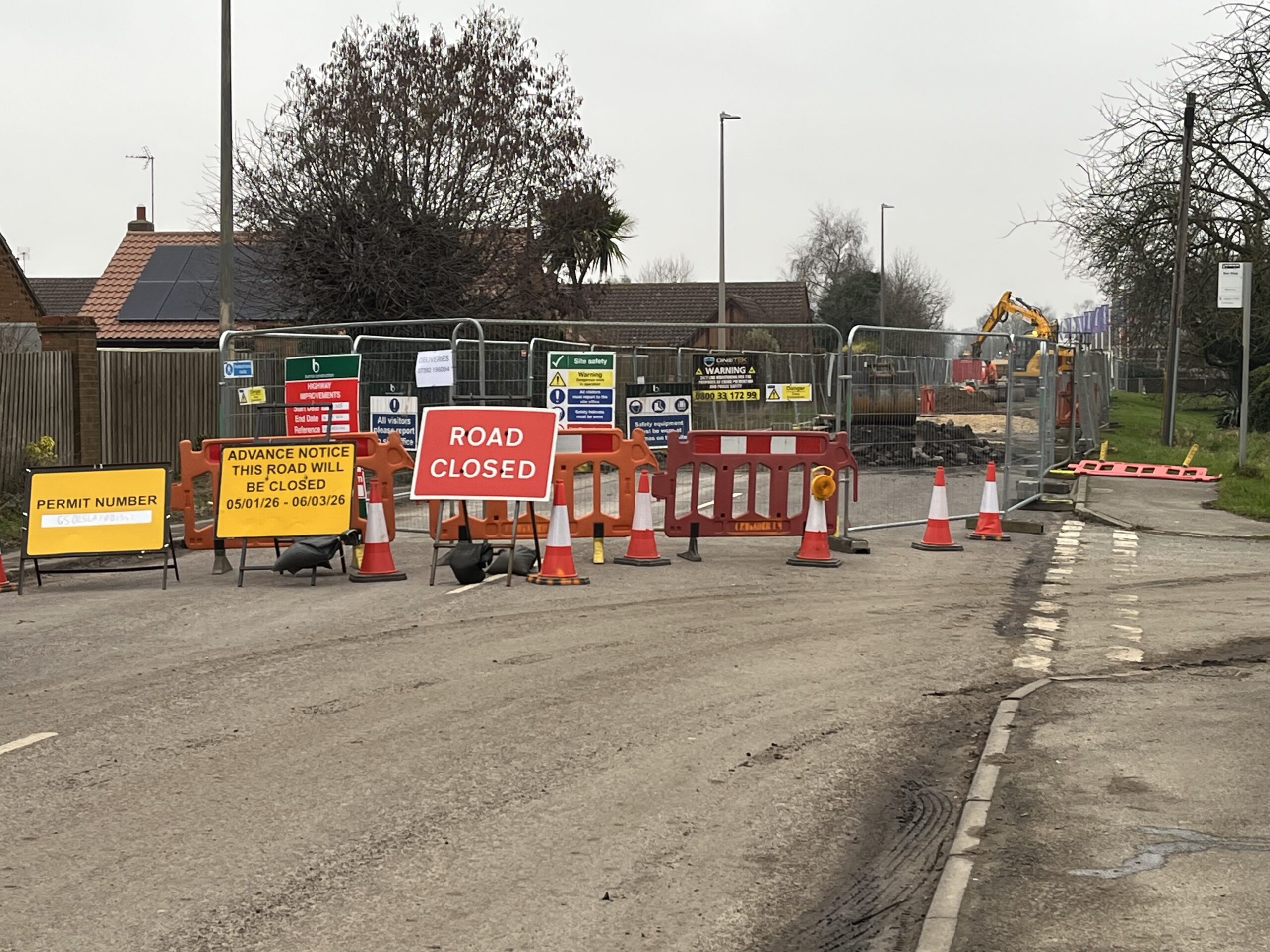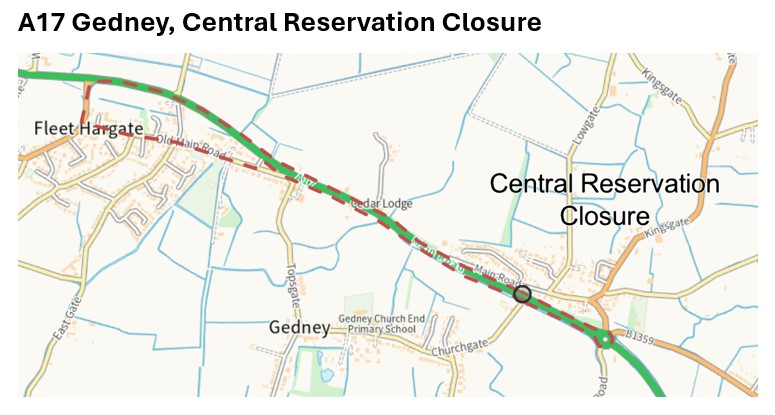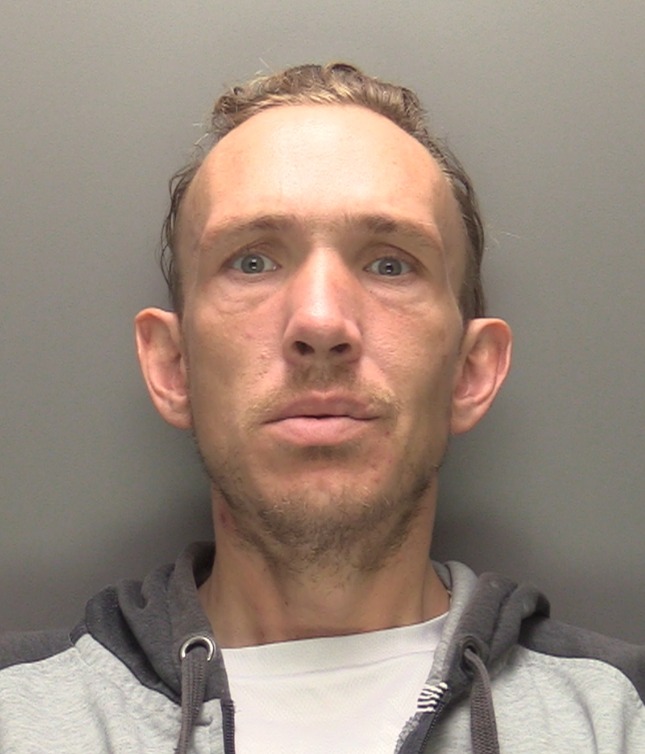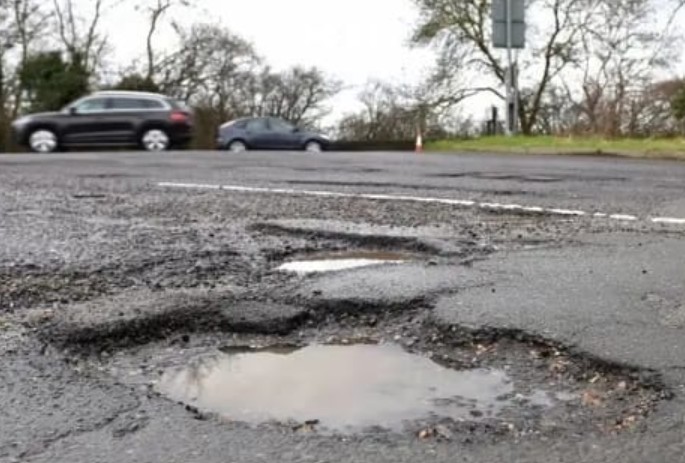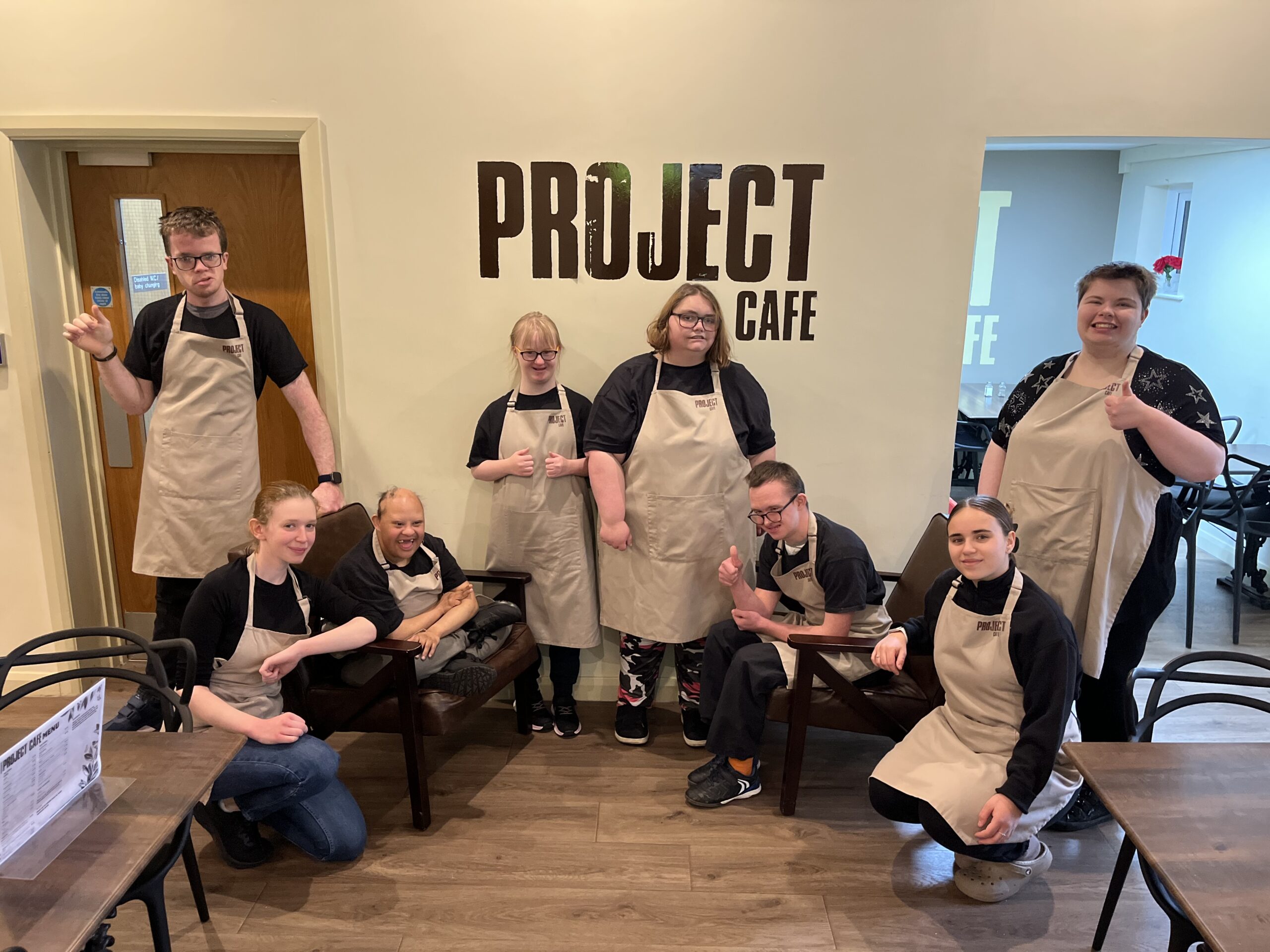South Holland District Council is looking to make nearly £1m in savings as it part-publishes its proposed budget for the next financial year.
The budget includes an estimated increase in utility costs of 150 per cent, and 25 per cent in fuel costs and a five per cent increase on pay set by government.
That’s on top of the expected requests for more money from drainage boards as previously reported.
To offset the losses the council is looking to use its reserves.
According to the budget that went before a scrutiny committee last week, it is looking to provide £2.2m from reserves for the next financial year and £2.8m for the next three financial years, and all on the back of £6.4m in 22/23.
Christine Marshall, deputy chief executive, told the meeting that as the council was having to dip into its reserves, the council was also encouraging drainage boards to dip into theirs.
A confirmed council tax increase of three per cent, which equates to £5.76 for a Band D property, and would raise an additional £272,000.
Coun Jack McLean questioned why there was no debate on the council tax increase.
“For the people we represent their ought to be a debate,” he said. “We’re overlooking and neglecting that.”
The budget contains very little in projects bar money for technology, something the South and East Lincolnshire Councils Partnership has highlighted as a priority to amalgamate the systems the authorities use.
There’s no mention of potential funding for Castle Sports Complex improvements following the £20m government grant success.
Coun Chris Brewis lamented that only £2,000 had been set aside for the area’s playing fields.
“There’s never been a time when we’ve needed effective playing equipment more.”
Mrs Marshall said the council was still looking at the budget, and potentially adding capital projects.
She told the meeting government funding was largely going to continue as it had previously and that the council was pleased to get £918,0000 New Homes Bonus.
“That reflects your excellent performance in delivering new homes, particularly affordable homes,” she told councillors.
She expressed frustration about the lack of action on business rates, something, she said, had been promised for the last five years but now wouldn’t happen for at least another two.
The yearly spend on employees was set to be £11.3m in 23/24.
Looking at not replacing staff who leave in the financial year was among the measures being looked at as part of the efficiency savings, the meeting was told.
Mrs Marshall said: “We’re using our reserves to support commercialisation as smoothing the peaks we have in the budget,” she said stating the council is looking to “drive economic growth”.
“I don’t think we’ve ever set a budget with so many large moving parts.
“We thought after COVID we’d move into slightly more stable time, but that’s certainly not the case due to a number of factors beyond our control.”


